For most people who have travelled by train this summer, the frustration of delayed and cancelled services and missed connections will be all too familiar.
Since the pandemic, Deutsche Bahn – Germany’s primary rail operator – has struggled to offer a reliable service to passengers, with just 58 percent of trains departing within five minutes of the scheduled time. To make matters worse, this figure doesn’t take into account the numerous services that have been cancelled outright – a situation that is also happening much more frequently.
READ ALSO: The shocking state of German trains exposes the myth about punctuality
To try and improve the customer experience, DB plans to shake up the way long-distance rail journeys are planned and advertised.
In future, potential delays to services will be factored into the journey plan on the DB Navigator app and internet booking portal.
In concrete terms, this will mean that customers are given longer times to transfer so that the chance of missing their connection is much less likely.
For example, if the quickest connection is five or six minutes after the first train is scheduled to arrive, the app may suggest the next train 10 or 15 minutes later to give passengers more of a buffer in the event of delays.
“We no longer show tight connections that are difficult to achieve in the current operational situation when planning and booking,” said DB board member Michael Peterson.
There won’t be a set transfer time that the company believes is realistic. Instead, current issues and performance statistics on certain stretches of the train line will guide whether an eight or 12 minute transfer seems realistic.
‘Easier to plan’
Though the quickest connection may not automatically show up on DB’s app or website, customers who end up making an earlier train won’t face any issues with the ticket inspector.
This applies even if the ticket appears to tie the passenger to a specific train service, Peterson said.
Customers will also be given the flexibility to choose shorter or longer transfer times based on their preferences. Though this may lead to longer journeys, it could help prevent missed connections.
“We want to make travelling easier to plan,” explained Peterson. “The fastest connection is not always the most reliable.”
READ ALSO: How to find cheap train tickets in Germany
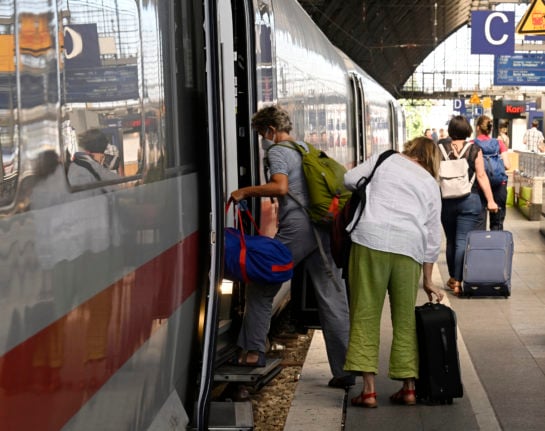
The change to the ticket planning system will also have an impact on the company’s reimbursement policy.
If customers pick a connection that’s shown on the DB Navigator app or website and then miss their second train and face delays to their journey, they’ll still be entitled to compensation. For instance, an hour-long delay would equate to a 25 percent refund of the ticket price.
However, if the quickest connection isn’t shown on the app but customers decide to risk it anyway, they won’t be entitled to their money back in the event of delays.
According to passenger advocacy group Pro Bahn, the new ‘buffer’ system for transfers should have a positive impact and reflects what many savvy rail travellers have been doing of their own accord.
Pro Bahn also assumes that the new transfer times will run until around 2024, when widespread construction work will begin on the railways.
More staff and seating
Alongside the more generous transfer times, Deutsche Bahn announced on Wednesday that it would be running a staffing offensive to help prevent delays.
This involves deploying almost 1,000 additional staff on long-distance trains and at stations.
This will include 750 additional staff on trains, 130 on particularly crowded platforms, and 100 assistants who will help passengers get on and off the train and find their seats.
They will join around 8,000 existing employees in DB’s long-distance division.
In addition, the company plans to invest around €10 billion in expanding its fleet and adding more seating by 2029. As a first step this year, the ICE fleet will grow to 360 trains, adding around 13,000 more seats for passengers.
Though long-distance passenger numbers are still slightly below their record of 151 million in 2019, Peterson said DB was experiencing a “historic run on the railways” this year.
READ ALSO: ‘We’re running late on this’: Deutsche Bahn promises better Wifi on German trains by 2026
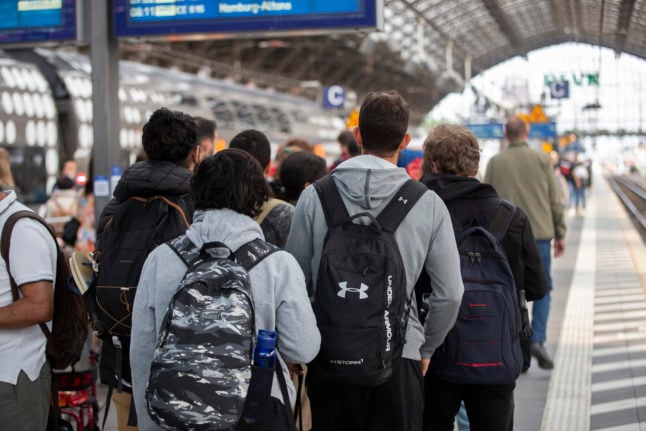
Transport performance, i.e. the number of kilometres travelled, reached a record high between May and July, according to the rail operator. “People are travelling further distances by rail than they did before the pandemic,” the company explained.
When it comes to the larger problems faced by German railways, such as the need to upgrade large stretches of the network, improvements could take years.
Speaking to Welt, Peterson said that the current changes were more than just a token gesture.
“These are not decisions taken out of desperation, but measures that will help in a concrete way,” he stated.
However, the DB board member admitted that there was still a “long way to go” in solving the rail networks’ wider problems.
READ ALSO: How the Greens want to replace Germany’s €9 ticket deal

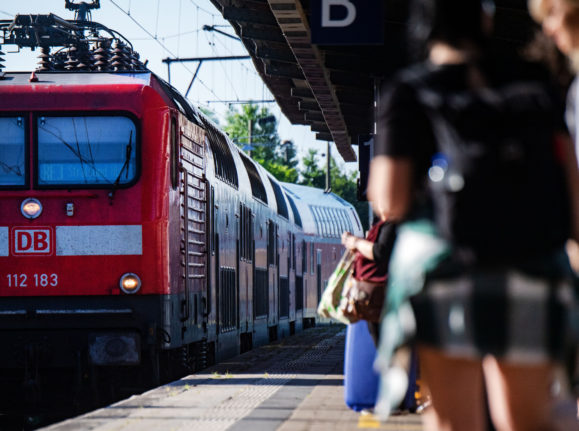
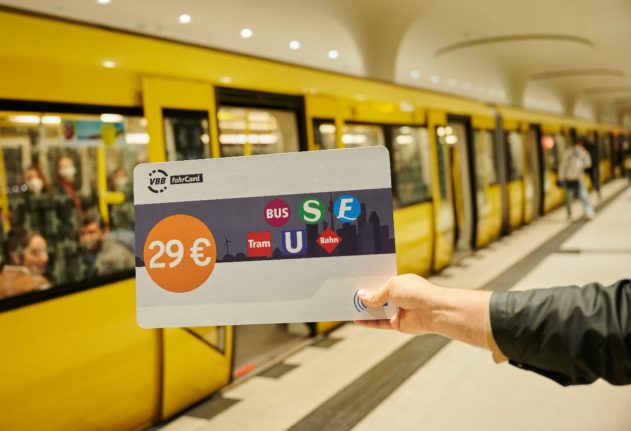
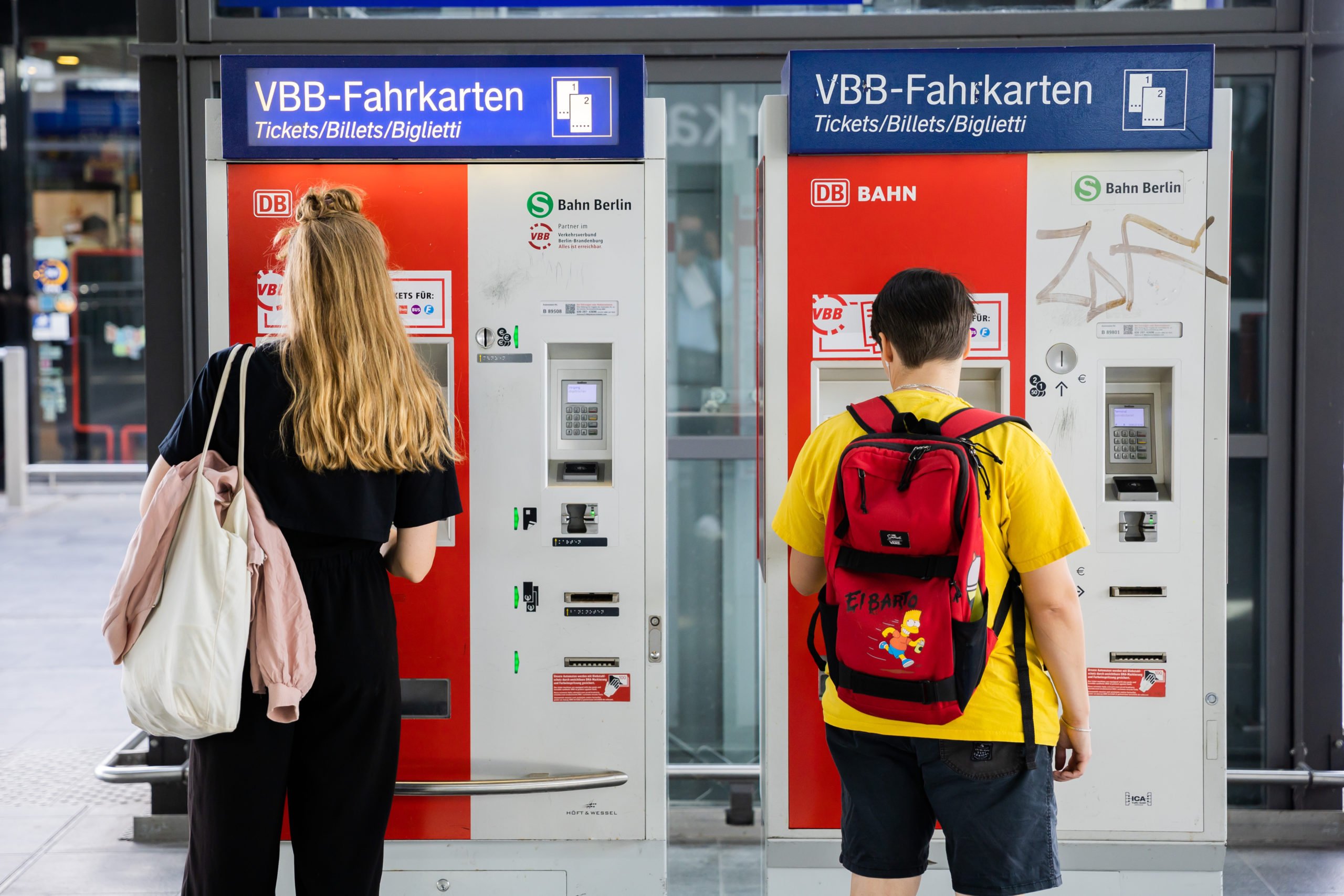
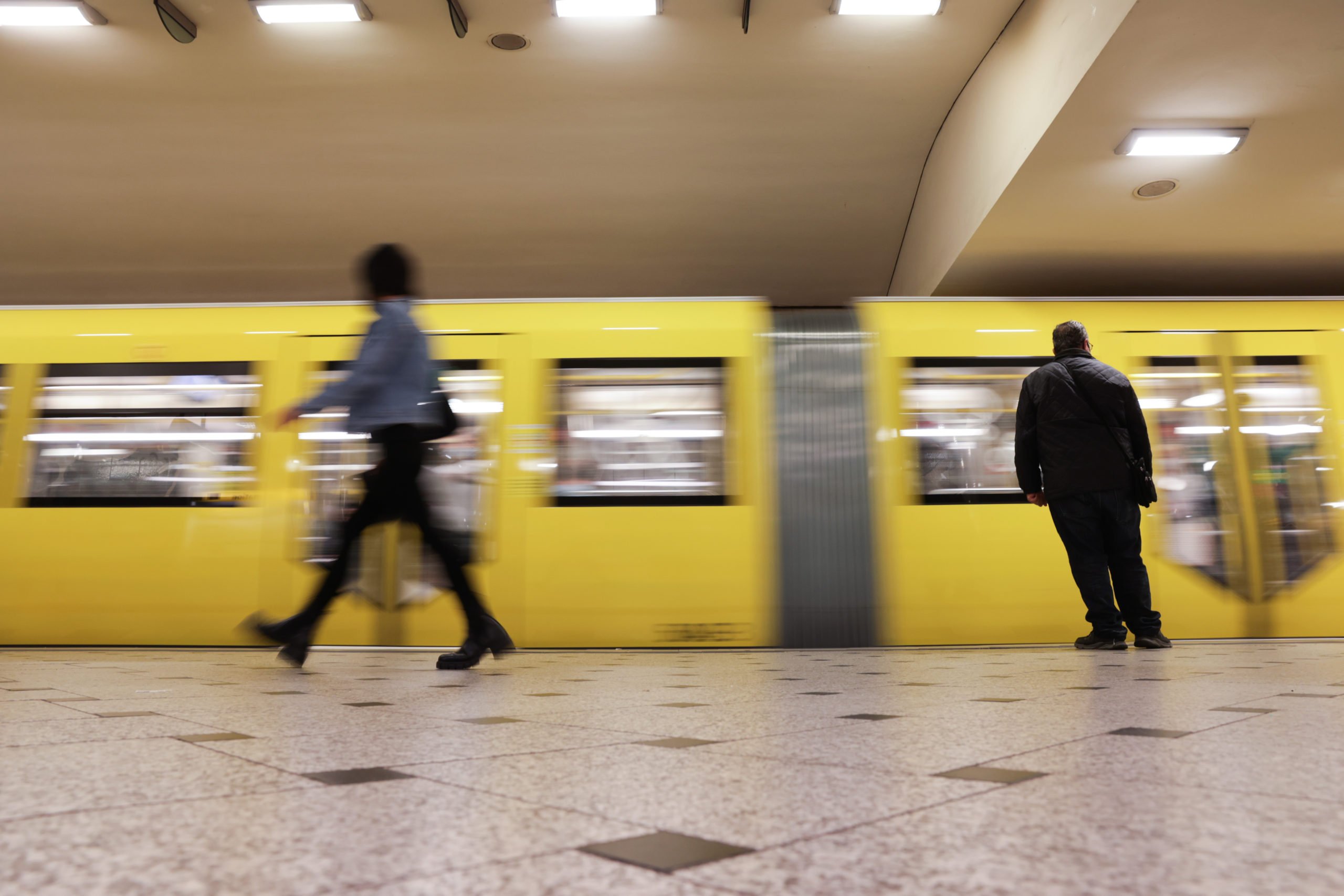
 Please whitelist us to continue reading.
Please whitelist us to continue reading.
Maybe they could staff the restaurants on board, so at least we can have a drink while suffering through this mess.